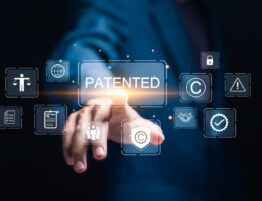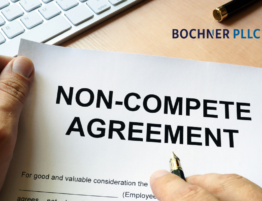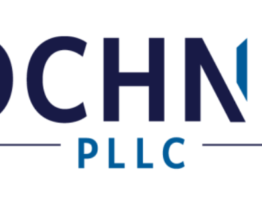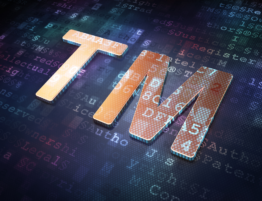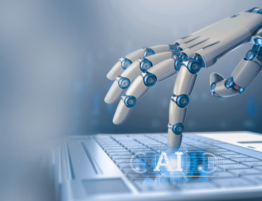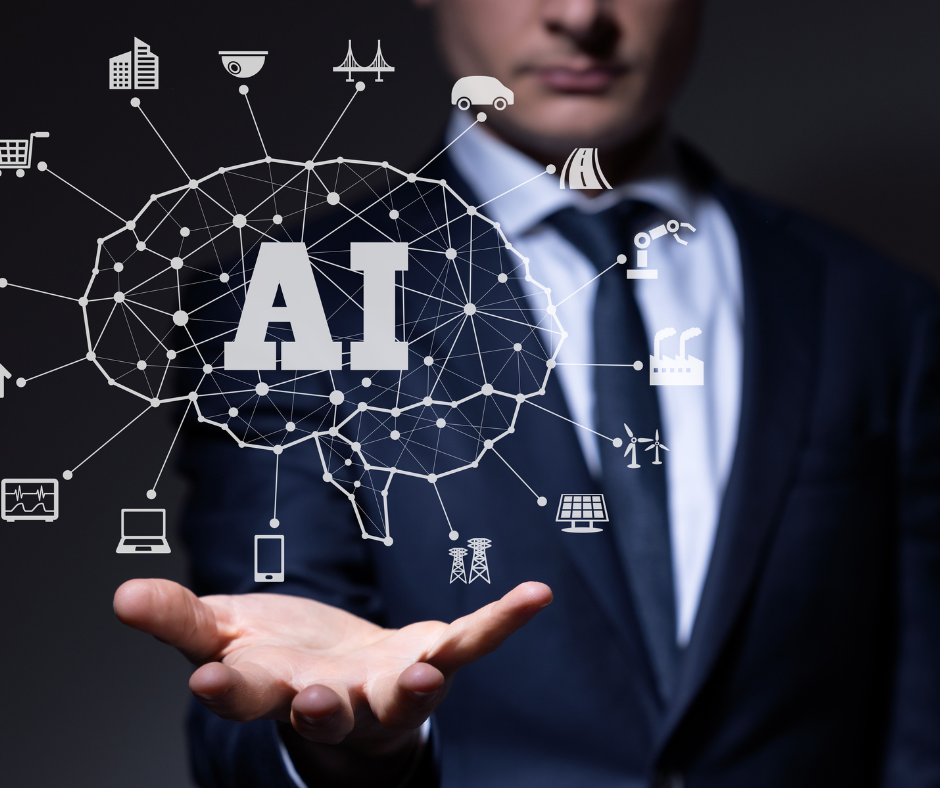
ChatGPT is dominating headlines in recent weeks.
Headlines, such as those announcing Microsoft’s $10 billion investment in OpenAI, the firm behind the stunning ChatGPT text generator, followed by other AI startups searching for large money, are one simple way to gauge the transformation.
Or the stories about investors rewarding digital publishers like CNET and BuzzFeed for admitting or boasting that they use AI to create some of their content.
But what are the implications of Intellectual Property on AI like ChatGPT? Where do we start to see issues? We spoke to our attorneys about the intersection of IP and new technology like ChatGPT. Of course, everything is debatable.
Our Managing Shareholder, Thomas Stanton participated in a panel at Synapse Summit 2023 covering AI. The discussion titled “The Disruption of Generative AI” the panel featured subject experts from around Tampa Bay, including Tim Moore, CEO of Vu Technologies; Beth Harrison, digital experiences director for the Dali Museum and Jorge Brea, CEO of Symphonic Distribution.
IP & AI
Laws governing intellectual property (IP) may have a big impact on ChatGPT and other AI systems. The following are some ways that IP regulations may impact AI systems:
- Patents: ChatGPT and other AI systems may qualify for patent protection if they satisfy the requirements for innovation, non-obviousness, and usefulness. AI systems may benefit from the legal protection that patents can offer by preventing unauthorized use, production, or sale of the technology. This may be beneficial for AI businesses that spend a lot of money on creating cutting-edge technologies.
- Copyright: Original works of authorship, such as software code and other creative works, are protected by copyright law. AI systems like ChatGPT may be subject to copyright laws if they produce original content or use such content in their outputs. For instance, if ChatGPT generates a poem, the poem might be covered by copyright laws.
- Trade secrets: Trade secrets can be any private information that gives a business a competitive edge, such as confidential data sets or proprietary algorithms. If an AI company doesn’t want to reveal its processes through a patent filing, it may rely on trade secrets to safeguard its technology. Trade secret protection is not absolute, and businesses are still required to take reasonable precautions to preserve their information.
According to the fair use doctrine, it is acceptable to use copyrighted material in some circumstances—such as for criticism, commentary, news reporting, teaching, scholarship, or research—without obtaining prior consent. As long as the usage is deemed fair and doesn’t violate the rights of the copyright owners, AI systems like ChatGPT may rely on fair use to produce outputs that contain copyrighted material.
So what does this mean?
In general, IP regulations can have a big impact on ChatGPT and other AI systems since they can affect how well AI businesses can protect their technology and produce outputs that contain copyrighted content.
Understanding IP regulations and how they affect AI systems is crucial for developers and businesses.

